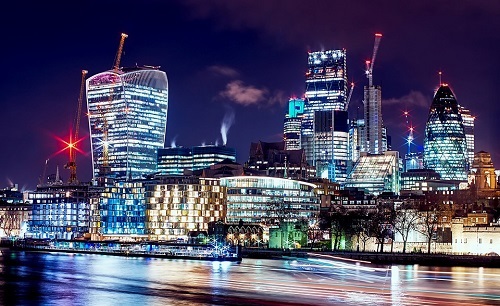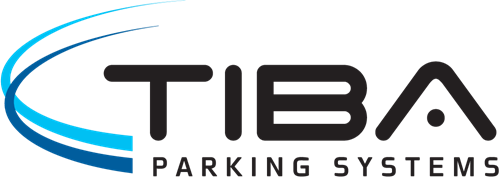
As technology continues to play a greater part in our everyday lives, cities across the globe are starting to integrate the smart advancements into the infrastructure we connect with. New York city recently topped a poll of ‘smart cities’ with San Francisco coming in second and the UK’s very own London coming in third place. So, what makes a city ‘smart’?
Smart cities can incorporate a broad range of different technologies but Techopedia’s definition of the concept is:
“A smart city is a designation given to a city that incorporates information and communication technology (ICT) to enhance the quality and performance of urban services such as energy, transportation and utilities in order to reduce consumption, wastage and overall costs. The overall aim of a smart city is to enhance the quality of living for its citizens through smart technology.”
As cities continue to grow smarter, with an increasing number implementing technology across the UK and the globe, we take a look at four examples from smart cities and what contribution they make to business and residents.
#1: London’s Oyster Card
London’s Oyster Card is synonymous with connecting the city’s vast tube, bus and over ground network and is a world leader in how to implement smart ticketing technology. The success of the card has allowed the city to improve the accessibility of its public transport services and has helped the capital to become a world leading smart city.
#2: Santander’s Smart Parking
Santander’s focus on technology has responded to the conundrum of finding an available inner-city parking space. Smart sensors are placed in parking spaces across the Spanish city and detect whether a location is taken or not, automatically re-routing traffic accordingly, improving the process of finding available places to leave vehicles for all residents.
#3: Smart Street lights
Smart street lighting has been rolled out in cities across the globe, improving efficiencies and decreasing energy consumption. The smart lights react to the movement of cars, pedestrians and cyclists, brightening up once movements are detected. Once the street light is no longer able to detect any more movement the light will then dim or switch off all together, saving valuable energy.
#4: Utrecht’s ‘Flo’ initiative
Utrecht’s new cycling initiative ‘Flo’ uses a world class system to communicate with those that choose to travel by bicycle throughout the city. The traffic management system uses a series of symbols, prompting cyclists to either slow down or speed up if they are to catch an upcoming green/red light. Not only does this improve the experience of those choosing to bike but it also reduces congestion in the city.
Summary
All four initiatives highlight the potential that smart technology has to change the way in which people live. Smart cities are something which will, over the next few years, start to become far more common as governments recognise the benefits of using advancements in technology and how this can positively impact on residents.
John Wise, Technical Sales Director for Paragon ID, comments: “As technology continues to change, so will the cities which we live in. Smart technology has real potential to revolutionise the way we travel, work and live and will certainly become more prevalent as businesses adapt the technology to complement the products and services they offer.”
“It’s definitely an interesting and exciting time to be involved in the industry and we’re looking forward to what the future brings.”
1 wirelessdesignmag.com/blog/2017/11/top-10-smartest-cities-world
2 techopedia.com/definition/31494/smart-city
About BemroseBooth Paragon
Part of the Paragon Group since 2010, BemroseBooth Paragon is the UK’s number one supplier of machine issued car park tickets in the UK. From its manufacturing base in Hull, the company supplies hundreds of millions of tickets worldwide, as well as supplying rail tickets, and marketing & distribution services to the UK rail industry.



